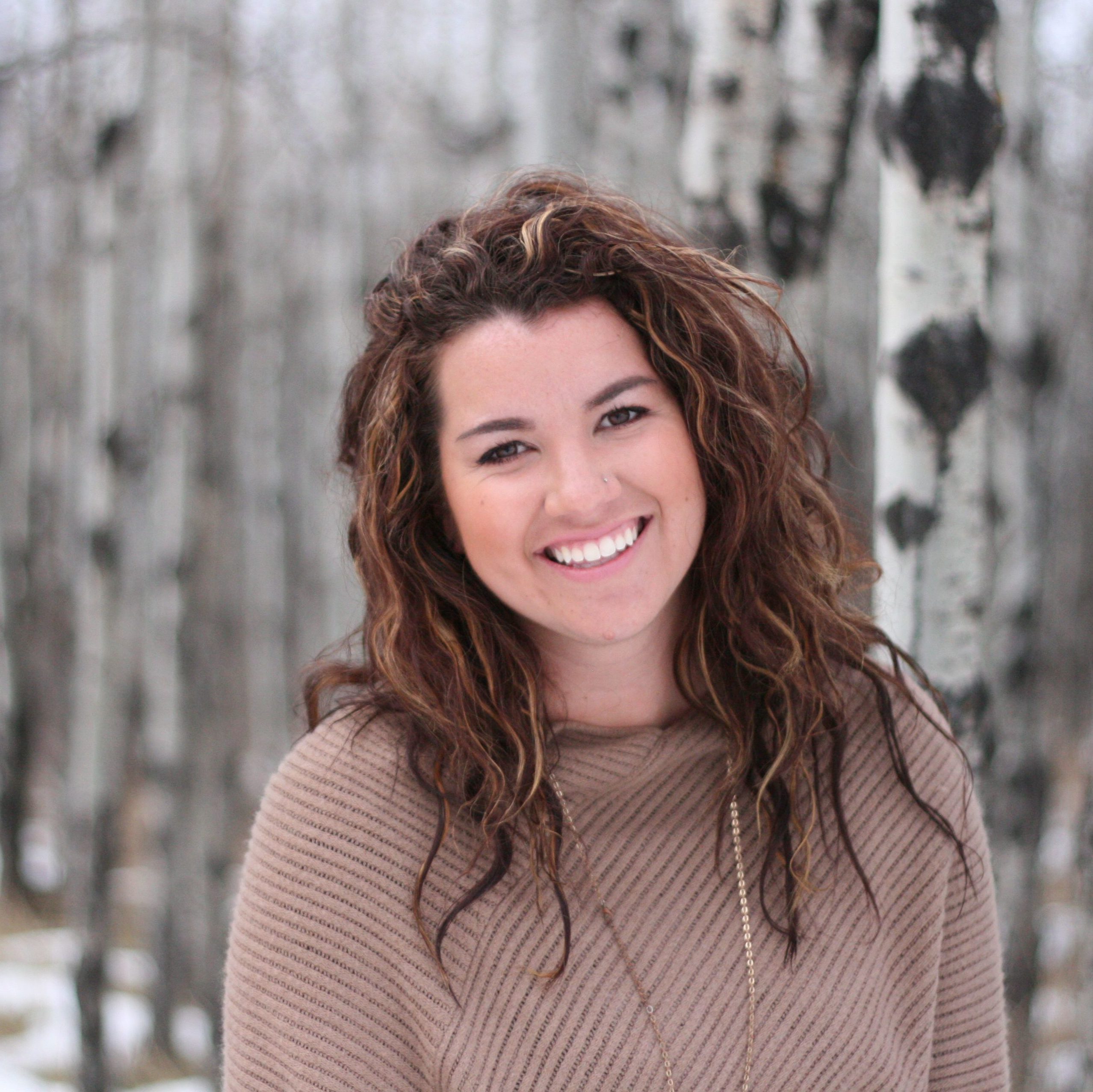En-Cant-Know Spanish
“Sometimes family weirdos just get a bad rap.”
-Mirabel, Encanto
Preach it, Disney.
If you aren’t an avid animation watcher, don’t have young children or don’t occasionally watch Disney movies with your parents at the age of 30, Encanto is a Disney film that tells the story of the Madrigals. A family living at a place in Columbia called, you guessed it, Encanto.
Every child in the family has been blessed with a gift, except Mirabel. Although she has been blessed with wicked style.
Sadly, the magic of Encanto is in danger, but Mirabel may just be the one to save it.
Spoiler alert: she does.
This vibrant, heart warming, Latino story has deep meanings, catchy tunes and way too many rats.
It reminds us that everyone is special in their own way, everyone deserves love and that magic is quite useful.
Disney has a knack for hitting us in the feels and is finally getting a knack for representing more than just white people.
In Spanish, encanto translates to charm and I’m not confident that my charm saved me from my latest mishap…
In Love at Distant Sight, I connected with someone. Today, for a moment, I did not.
Lately, for majority of our new residents, English is their second language. They speak Hungarian, Farsi, Mandarin and Spanish.
I, unfortunately, do not speak any of the above or anything other than English for that matter.
However, I can ask how to go to the washroom in French, which has really come in handy throughout my lifetime.
Therefore, I need to be creative to ensure these residents feel connected to others, involved and experience quality of life.
So my side kick these days has been Google Translator – she’s always there, keeps the mistakes to a minimum and is a lot more trust-worthy than me playing charades.
The app has been very helpful during my recreation therapy assessments, so this week I utilized it again to assess a woman who speaks Spanish.
I approached her and offered my hand, encouraging her to follow me. There was a moment of hesitation before she smiled and accepted my offer. We found a quiet, relaxing space and I placed the phone on the table to initiate the translation app.
In hindsight, this probably looked like I was setting up to interrogate her about a crime.
To begin, the app translated that I would be using this feature to speak Spanish with her.
The resident looked down at the phone with confusion, yet curiosity. So I continued.
Now the resident was looking at me with her right eyebrow raised. I wasn’t sure if she was impersonating Dwayne “The Rock” Johnson or if she was bewildered.
I then realized, what the app was saying did not sound like the beautiful language of Spanish.
Glancing down at my phone, I saw that I forgot to switch the translation from my previous assessment, which was Hungarian. So I had been speaking Hungarian to a Spanish-speaking woman.
When I explained what had happened, she smiled and patted my leg with comfort and pity.
Once I corrected my mistake, the most amusing part of it all was that the resident ended up understanding me better in English than with the app so it wasn’t necessary in the first place.











